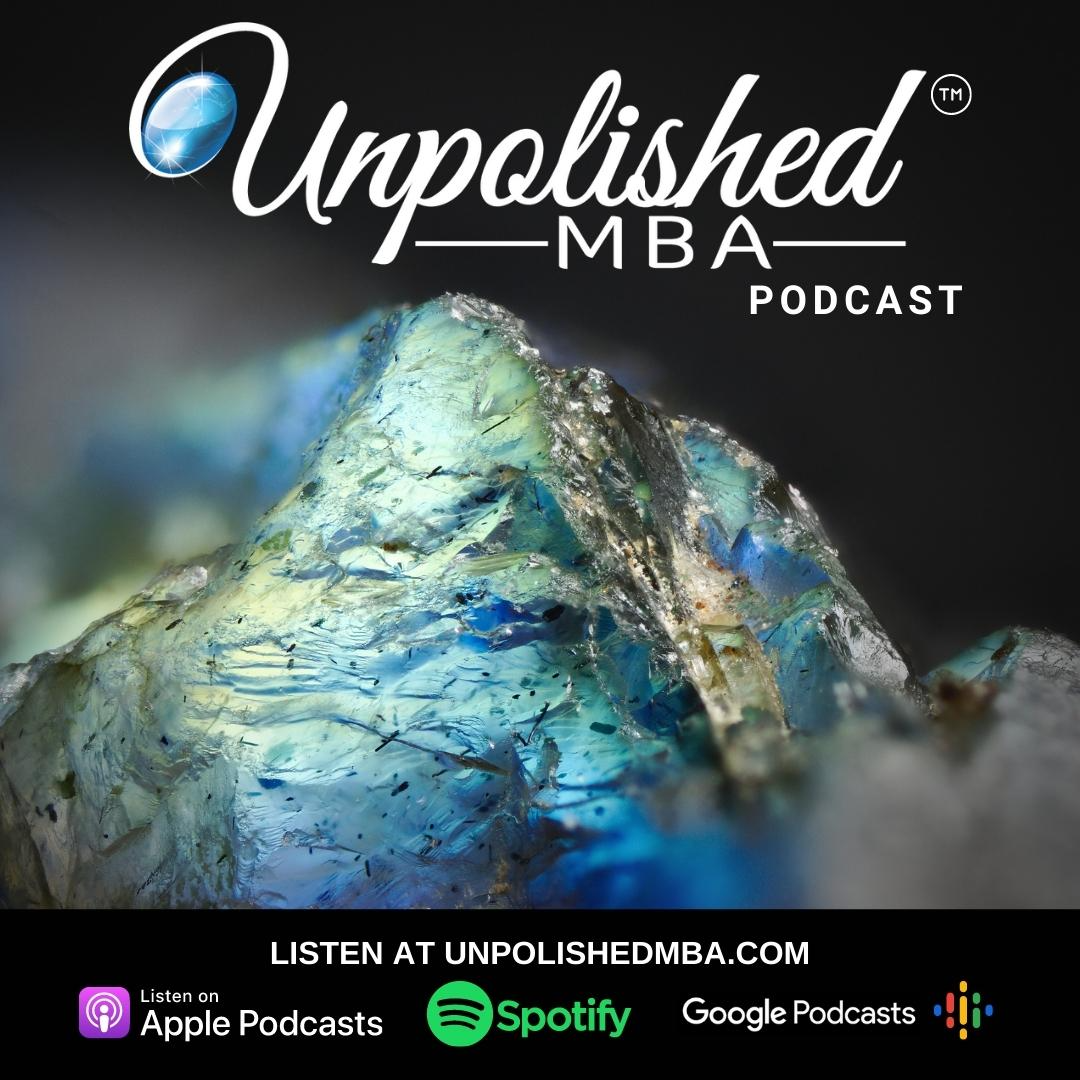bonus
THURSDAY THOUGHTS - Don't Build It (Yet!)
In this episode of Thursday Thoughts Monique gets real with listeners by delivering the news that so many innovators and entrepreneurs don't want to hear…“Don’t build it, they won't come.” The pre-occupation of countless founders is the insistence on rushing their product or service to market before they truly understand the product, potential market, or customer.
This is why it's vital that the foundation of customer discovery be laid before beginning to build any aspect of your new business. So many zealous founders sink thousands of dollars into building before these essential foundations are reinforced first causing so much unnecessary heartache and setbacks. So much of this heartache can be avoided by taking your first steps towards truly understanding customer discovery before you build!
Topics Include:
- Defining the Term Customer Discovery
- Other Common Terms for Customer Discovery
- Discovering Qualitative and Quantitative Data
- Taking Advantage of Networks for Help
- The Difference Between User and Market Research
Website:
Transcript
Let's take a moment to connect the dots. Every Thursday in under 10 minutes, I'm going to share with you real life, everyday situations to help you as an entrepreneur, a leader, an innovator, or just a person who's venturing out to try something new. These stories will help you make sense of situations you may find yourself in and also provide encouragement to keep you moving forward in your journey.
Okay, everyone. I'm going to say something that you may not want to hear, especially if you're an innovator ready to get moving and get started immediately right away on your idea. So I'm going to say it. I'm going to say it fast. Don't build it. They won't come. That's just not how it works, guys. Don't build it. They won't come. The reason is because you must do customer discovery before deciding on a product or solution to a problem that you think exists for people. Not just for a few people, there needs to be enough people with that problem for you to create a substantial business. So that's why I said what I said, don't build it. They won't come. There's work, there's foundation that has to be laid first and many people jump right out there with, "I had this idea, let me build it and then let me sell it." That's just not the way it works. Another term people use for customer discovery is user research, and so there is actually a method, it's kind of... it's part of the scientific method I would say. You have a hypothesis and you test it from there, but that's another term people use for what we call in the startup community, customer discovery. Sometimes you'll even hear the term customer development and in the research community and in regular businesses, sometimes they'll just call it user research.
Sometimes innovators will go forward and build their product anyways. And even when they offer that new innovative product for free, nobody buys it, and that is heartbreaking it's crushing. You know that people can use it. You can feel it in your soul. You can feel it in your bones. That's why you've put so much time and energy and money into building it. Right? But that doesn't have to be you. You have to do the work on the front end. Don't even design your business model until you've done that customer discovery work first. Don't even decide on a name for the product before you've done that customer discovery work. Actually don't even decide on the product until you've done that customer discovery work first and also don't build a website and do not build any software until you have done that work first and the list can go on and on and on about things not to do, but I'm going to stop right there because I think that that point has been driven home, that you must start with a foundation of customer discovery so that you receive and are able to make decisions from both qualitative and quantitative data.
Making decisions in a bubble or even in a silo will only harm your confidence when you go out into the market and people aren't buying. I just want you to know that I've had clients build products for a hundred thousand dollars and more using their own money, wiping out their 401ks, their savings, their home equity, charging up their credit cards and to spend all of that money just to have to dump all the code that they had created. It's heartbreaking. So nobody wanted it. Nobody wanted to buy it. Not enough people wanted to buy it and that does not have to be you. You're probably saying, "well, how do I avoid that catastrophe? How do I avoid blowing through all of my savings and my money for this idea? And it probably won't work if I haven't done this thing you're talking about. This customer discovery thing or this user research thing you're talking about."
I would say, number one is reach out for help. There is no one person that knows it all. So you're going to need a network of support and that may be local community groups that may offer free information. That may be a consulting firm like ours, TPM Focus. We offer this kind of service. We walk people through it step-by-step, but either way, just know that this isn't something, if you're new to this, this isn't something that you can just do on your own, figure out on your own, and not need any support. There are no entrepreneurs that I know that have been able to create something successfully on their own. Everyone needs a support network. Everyone needs resources, and I advise you to reach out and get the ones that you think you need for the stage that you're in right now. I also want to make sure that I clarify something because I've been using a few terms here that may be unfamiliar to a lot of people. So customer discovery is sometimes called user research, depending on who's talking about it. But I don't want you to confuse this with market research. So someone asks, "well, what's the difference between user research and market research." First of all, market research is about discovering existing trends and facts. That type of data already exists for things that already exist. But if you are creating a new innovation, you don't have preexisting information like that. You want insights on those target customers you're trying to go after. You want to know how are they doing things now and who has what we say, "a hair on fire problem." You want to find out what challenges are they having with a specific thing right now. Then your job from there is to come up with a solution. You should not go into the situation assuming your solution is what they all need. So if you can just start there, you'll be off to a better start than 99% of people who are out here right now trying to launch something new. I also advise you to go to our website at tpmfocus.com and you can download the steps for simple customer discovery. It will provide you with step by step instructions to get you started. So start there and reach out to us at TPM Focus if you have any questions.
If you're trying to write something right now, and you have run into a roadblock stop what you're doing and go to tpmfocus.com/jasper. Jasper is the AI robotic tool that can write anything for you. It can write entire books, blog posts, emails, Facebook ads, Twitter posts, video scripts, product descriptions.
The list goes on and on. You'll literally be able to write more in one day then you could in a month. Don't waste any time go to tpmfocus.com/jasper and use our code to get 10,000 words written for you for free. Right now.


